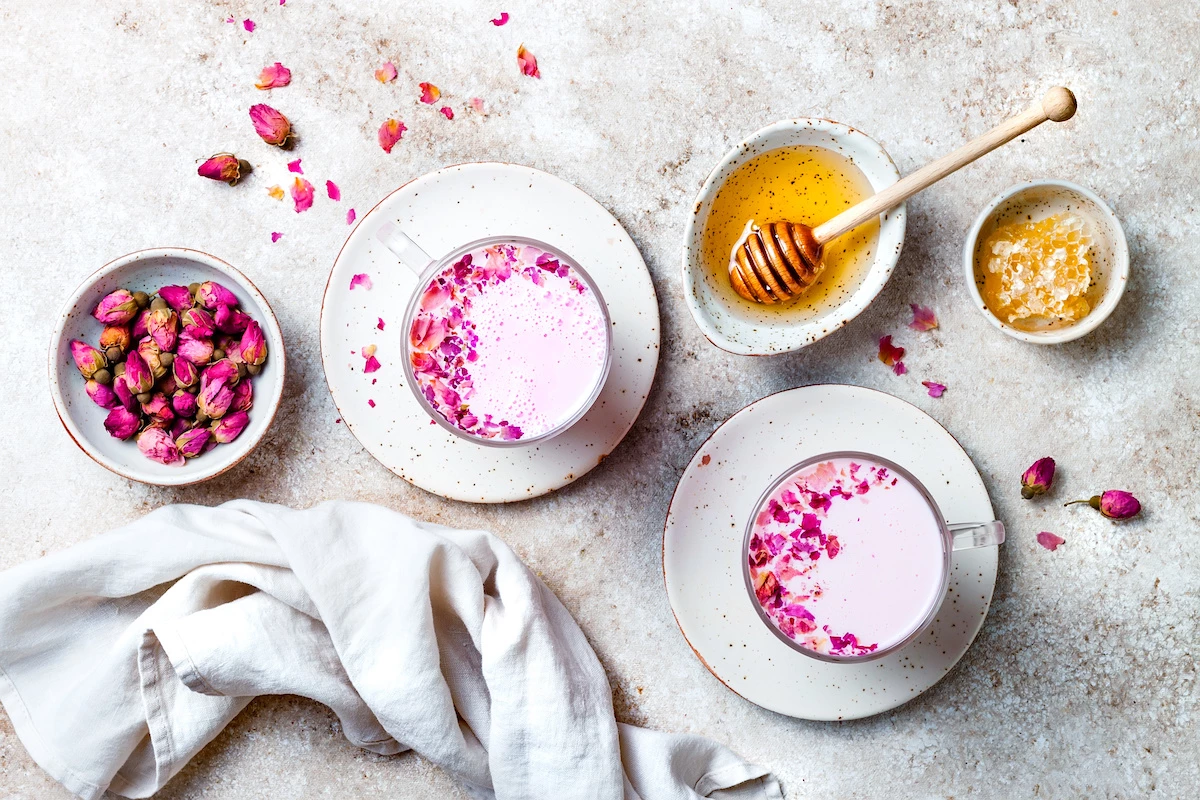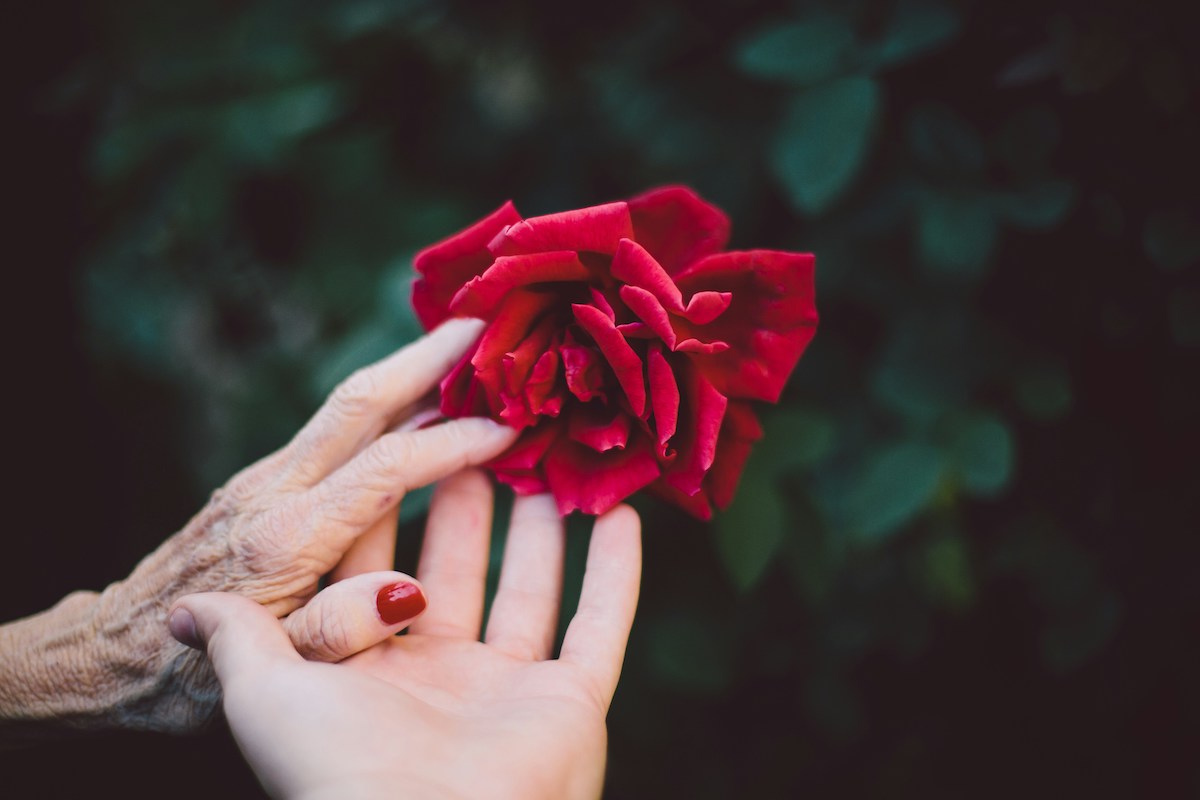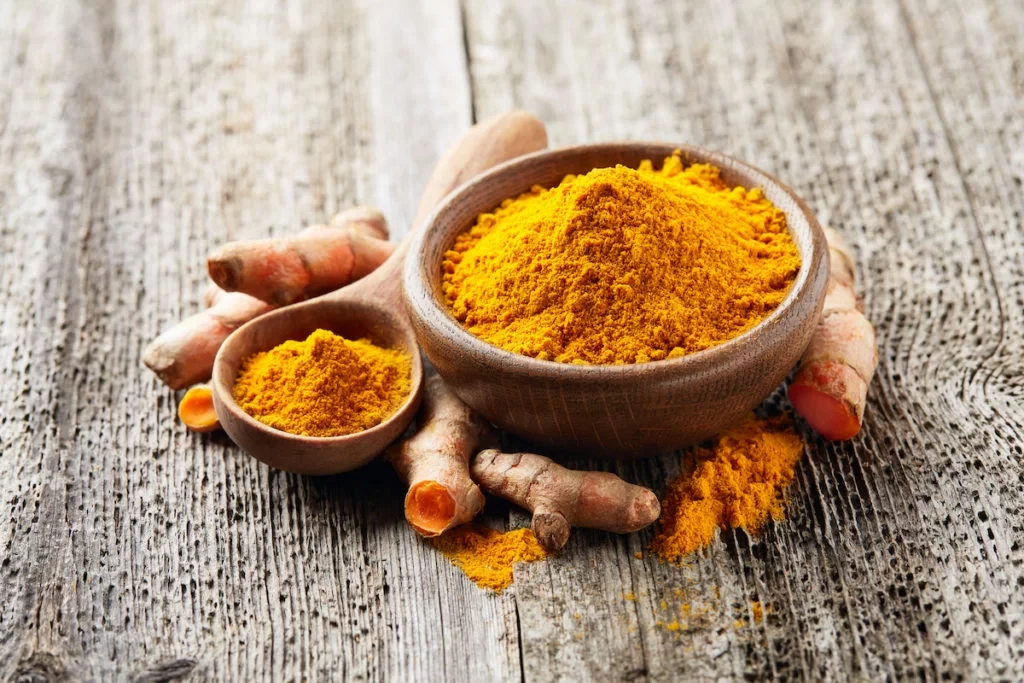
In this Article
Share
What is Kapha Dosha
Kapha combines the earth and water elements, holding properties such as heaviness, slowness, density, and cold. People who are Kapha predominates have Kapha Dosha. These types are usually people with large body types who tend to move slower. They tend to sleep more and have oily skin/hair. Excess of Kapha dosha can lead to various unwarranted emotional, psychological, and physical traits. This can eventually turn into health problems.
A Kapha type is someone who is blessed with great qualities. They are peaceful and sensitive. The type of person is hearty, jovial, and well-liked when in balance. People who suffer from Kapha imbalance should make a conscious effort to go through life maintaining a positive, social mindset. They should also refuse to allow small things to get them down.
Just as imbalances in one of the five elements are enough to spawn chaos in nature, imbalances in any one of the three Doshas may result in physiological and psychological disorders in the body. Keep reading to learn about the functions and symptoms of Kapha Dosha balance and imbalance. This article also suggests how to regain the balance of the Kapha Dosha to ensure equilibrium in the body.
Functions of Kapha Dosha
In appearance, Kapha doshas are generally well-built, with soft, luscious hair, warm eyes, smooth skin, and attractive features. When you think of the role Kapha plays in your body, think of its connection to the elements of water and earth. It is responsible for regulating fluids and maintaining the solidity of internal structures.
In Ayurveda, Kapha is the force that holds together muscle, bone, tendons, and ligaments down to the tiniest cells. It is the force behind the building blocks of our bodies. Kapha protects us and enables us to go about life in the physical realm.
“
Kapha dosha has a unique way of embracing changes. They love the slow and steady pace that helps them thrive in their life circumstances, as well as small shifts so they can experience new things without feeling overwhelmed by it all at once!
Balanced Vs Imbalanced Kapha Dosha
At their best, Kapha dosha types are known to be even-tempered, good-natured people. They are kind, thoughtful, and supportive. They generally make good workers who like to stick to a routine, even if they enjoy sleeping, and tend to be lazy.
An excess of Kapha affects the amount of fluid in the body and causes a buildup of phlegm or oil in different parts of the body. Due to this, Kapha types are prone to conditions such as bronchitis, runny nose, nasal congestion, and acne.
Excess Kapha can also be responsible for problems in the digestive system such as nausea, bloating, indigestion, constipation, and weight gain. It can lead to problems in the lymphatic system and other glands.
These conditions feed into themselves, and someone already prone to weight gain may find themselves craving fatty food and reluctant to exercise, worsening their problems. This slows the person down and may even be a cause of depression.
So if you are the Kapha type, it is essential to manage your dosha to ensure it remains at a healthy level. Kapha levels usually increase when the weather is damp and cool in winter and spring, conditions that favor the buildup of mucus and fluid in the lungs. Heavy, salty, or overly sweet foods contribute to Kapha levels, as does physical inactivity.
Physical Symptoms
Psychological Symptoms
- Overeating and weight gain
- Lethargy or lack of energy
- Excess of phlegm/mucous
- Pre-Diabetes
- Inflammation and hypertension
- Respiratory Congestion
- Low libido levels
- Clogged arteries
- Slow metabolism
- Persistent exhaustion and over-sleeping
- Lack of motivation
- Brain fog
- Melancholy and drowsiness
- Tendency to procrastinate
- Depression and withdrawal from regular activities
- Easily attached or possessive
- Overly sentimental
- Tendency for “emotional overeating”
So now that we have seen the symptoms of an imbalanced Kapha Dosha, it is essential to look at what causes Kapha Dosha imbalance to begin with so that we can get to the root of the issue and do the needful to ensure balanced functioning of the body.

What causes Kapha Dosha imbalance?
Kapha imbalances are often hard to identify because they come in many forms. For example, excess bodily fluids and mucus are usually a sign of Kapha imbalance. Seasonal allergies, or brain fog, making you feel sluggish throughout your day is also a sign of Kapha imbalance.
The foods we eat can imbalance our body’s dosha. One significant contributing factor to Kapha imbalance is what we consume. Foods that are harder to digest like cheeses, puddings, nuts, cakes, pies, most flours, bread, pasta, red meat, and deep-fried or excessively oily foods can lead to Kapha Imbalance.
How to balance Kapha Dosha?
Diet For Kapha Dosha: The proper diet is one of the keys to keeping your doshas balanced. For the Kapha type, you need to counteract the heavy coldness with warm, light foods, especially in the colder seasons when your Kapha might over accumulate due to the seasonal imbalance.
Ayurvedic experts recommend vegetable soup as the perfect Kapha winter food as it is very light and will contribute to warmth. Leafy greens and other vegetables are also wise choices. Avoid heavy foods like red meat and cold foods like yogurt, milk, or icy drinks.
Reduce the amount of sweets and desserts you consume, they are contributing to inactivity. Honey is an excellent natural sweetener to replace sugar. Remember not to prepare foods with too much salt or oil, as these will weigh you down further. Sour-tasting foods are also bad for Kapha doshas.
Add flavor to your meals using savory spices such as chili powder, cumin, or turmeric. Black pepper, cardamom, and cinnamon are warm flavors that balance your Kapha. Ginger, especially fresh, is considered the best spice for Kapha doshas. Most of all, diet for Kapha dosha emphasizes to eat a healthy amount. With slower digestion, you can afford to skip meals from time to time, so you should eat only when you are hungry.
Since one of the symptoms of Kapha dosha are nasal congestion, using a neti pot to rinse your nostrils may bring relief and even prevent sinus infections. You can also go to an Ayurvedic center and consult an expert for Panchkarma or other detox treatments to rid the body of excess Kapha.
When the Kapha is in disorder, one often feels disinterested in life, lacks motivation, and prefers to be alone. Sometimes this withdrawal is driven by a desire to avoid conflict or feel that the world is too much to handle, but bad habits can be stubborn and minor frustrations can lead to more severe symptoms of Kapha dosha depression.
Lifestyle Changes
Like diet, your lifestyle choices and habits play an equally crucial role in regulating your dosha. Since the symptons of Kapha dosha are lethargy and weight gain, the perfect balance comes from exercise. Experts recommend doing anything that increases the heart rate – aerobics, pilates, dance, or jogging are great choices.
Kapha types need intensity because you want to get the blood pumping and get the motor running. Starting the day with a bit of sweat is also a great way to ward off the cold you naturally feel in the Kapha season (winter). Another recommendation is to go to bed and get up early. Being awake at sunrise is a great way to prevent a buildup of symptoms of Kapha dosha, as the later, you sleep, the more it will accumulate. If getting sunrise is a little too ambitious, just fighting the urge to procrastinate will keep that excess Kapha in check and help liven things up in your life.
Ayurvedic Herbs
You can add the following herbs to your diet for Kapha dosha or as a health supplement:
- Ashwagandha
- Coriander
- Ginger
- Turmeric
These herbs act as energetics and are mostly ‘heating’ herbs that improve digestion and eliminate toxins. Additionally, Kapha types can significantly benefit from the regular use of Triphala, an excellent mild laxative and detoxifying Ayurvedic blend.
Conclusion
Ayurveda always advocates moderation because it acknowledges that too much of a good thing always becomes a problem in the long run. Like anyone else, Kapha types should be aware of some of their self-harming tendencies to avoid them. Balance yourself and feel rejuvenated through seeking warmth, exercising, and eating healthy light foods.
If you feel that these tips are not enough to shake you out of slumber a stronger way to tackle kapha buildup is by doing a full body detox. It would be important to consult with an experienced practitioner. He or she would prescribe various herbal supplements that support digestion and increase your metabolism.








